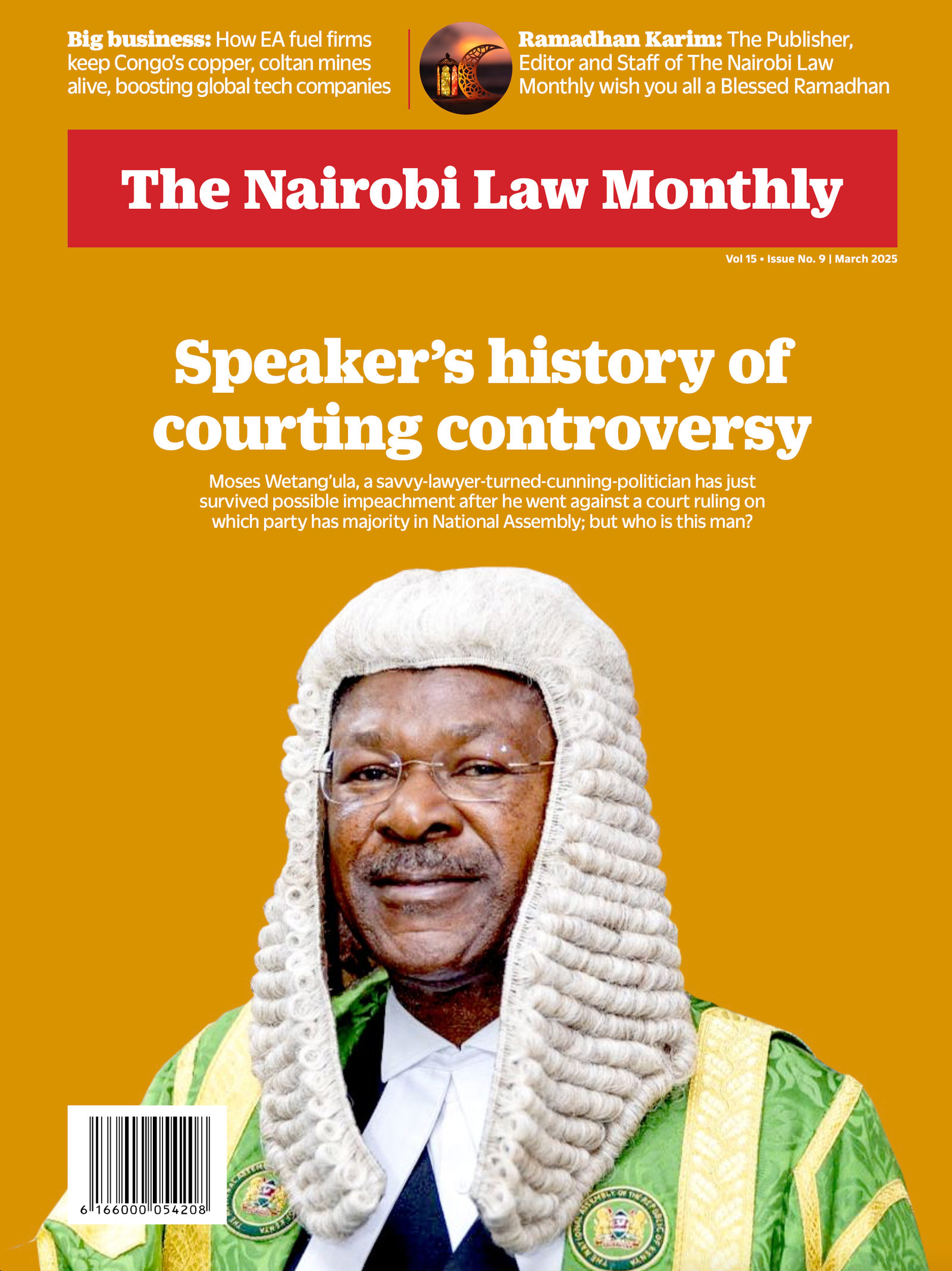By Chrispine Aguko
The University of Nairobi expelled 33 students after the hotly contested SONU in April this year. Those expelled were accused of leading the violence that erupted after the student elections, following which police were called in to restore order. This intervention was not without its tales of horror, with reports that female students were sexually assaulted, and male one locked up in lecture halls and clobbered senseless.
At issue here, however, is not the manner of handling of students by police; that has been written about countless times. The focus of this article is on the expelled students. It is the assertion of this writer that those particular students did not deserve to be expelled, and that there is no justification for expelling any student by an institution of higher education.
Those students have been denied their fundamental right to education. It is also my further assertion that expelling them denies them their fundamental right to education.
For starters, the students were subjected to brutal and inhuman beatings by police, contrary to Article 5 of the Universal Declaration of Human Rights (UDHR), which provides that “No one shall be subjected to torture or to cruel, inhuman or degrading treatment or punishment”.
After the “battle”, the university was closed indefinitely. Somewhere between the closure and reopening, the University Senate sat and decided to expel the students who had opposed the results of that election results, including the aspirants.
Ideally, a university is supposed to be an institution of learning, where people get knowledge and civilisation, not the beastly correction. The place of a university, when students commit crimes, is to find alternative rehabilitation, instead of turning them into outcasts. Instead of denying them education, we should be a society that seeks to correct, even if it means charging and sending them to jail, after which they can resume studies.
Part of the contingent of police officers called to intervene was made up of prison warders.
This is not right. Instead, the university should have had the students arrested and committed to jail, where they would get rehabilitated and learn from their mistakes. If this happened regularly enough, it would send the message to students that the ultimate punishment for destroying university property is not as easy as getting thrown out of school. This would also help avoid the recurrence of such incidences.
By hounding them out of school, whatever problem they presented is transferred from the school community to the general society. College is supposed to mould the students into respectable members of society. But when we deliberately create a society of the educated and the uneducated, hatred is inevitable.
33 students were expelled from the University of Nairobi. But who is to say a thousand won’t rise after the fall of the 33? Then, what good shall have come out of the action taken against the 33? In any event, expelling students without the option of readmission only hardens them – unable to find meaningful engagement, such youths turn to crime as the easiest way out.
Article 26 of the UDHR states: “(1) Everyone has the right to education… (2) Education shall be directed to the full development of the human personality and to the strengthening of respect for human rights and fundamental freedoms. It shall promote understanding, tolerance and friendship…”
The Kenyan constitution also states, in article 55 (a) “The State shall take measures, including affirmative action programmed, to ensure that the youth—access relevant education and training.”
Education is the ultimate social strength that young people need in the world today. We should have better ways of correcting the suspects (culprits) in the society, specifically in the learning institutions.
The students who were expelled have learnt their lesson and now it`s time they were brought back and formalised into the learning society. During retired President Daniel Moi`s regime, students would be expelled and taken back to school after a short while. The reasons behind the expulsions were always political and so it is in the current case – their only mistake is that they did not stoop to lick the boots of the institution’s chosen god, Babu Owino.
We need to be conscious of the decisions we make, and refrain from becoming be slaves of customs; customs are supposed to change with time and it is proper for a learning institution to be the first freed slave from the custom of suspensions and expulsions.
Student unions have always been known to help expelled students, but this time, they leaders are indifferent and reserved about the matter. Could it be because the “comrades” in question rebelled against their god? Perhaps. Specifically, Babu Owino has been known to give deadlines on when things are to be done and how they are to be done. He commands even the police; he commands a battalion of comrades who are his die-hards. This then is the time for SONU to come up and protect the rights of its bona fide members. One can frankly question their decision not to should the silence in this battle persist.
What good shall it do us to chase students out of school because of mistakes that can be corrected? Time has come when the thinking of how we handle situations should change.


